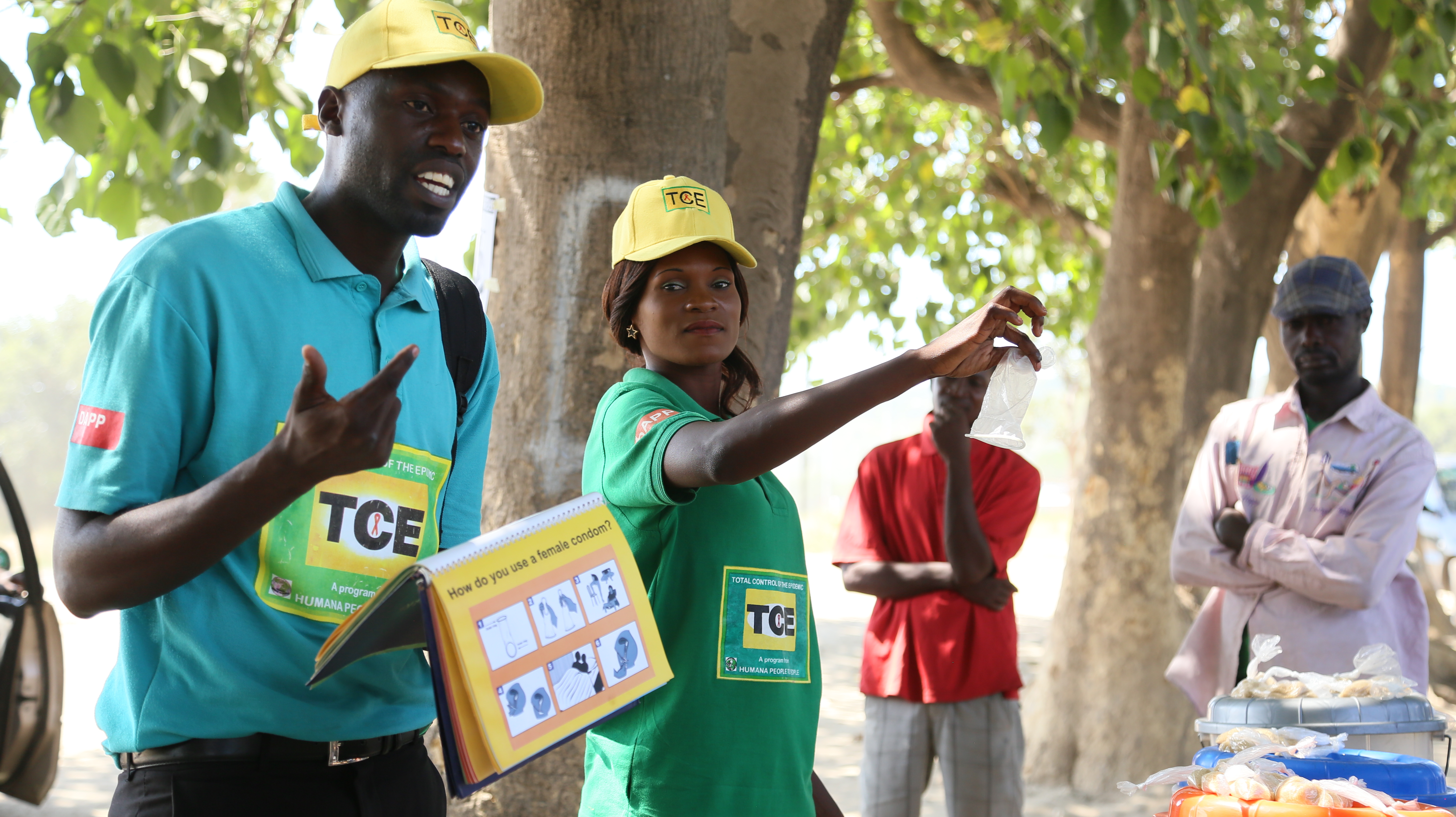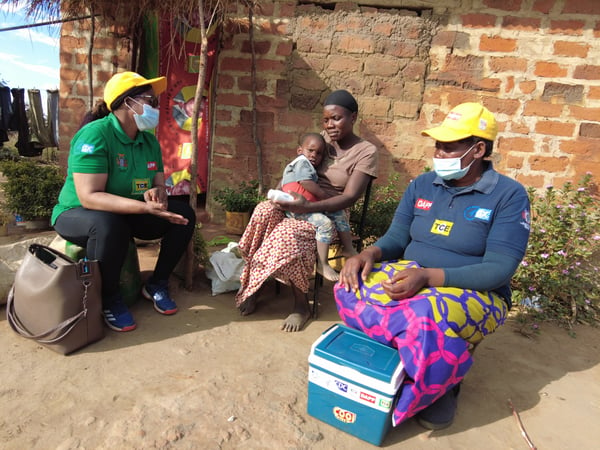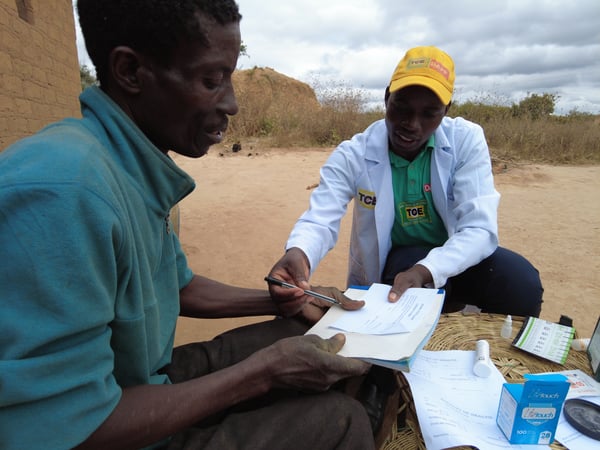Ending AIDS by 2030 demands targeted community-based HIV approaches

Planet Aid is excited to attend the international AIDS conference and showcase the HIV and AIDS community-based programs in Zambia, on behalf of DAPP Zambia. The Joint United Nations Program on HIV/AIDS (UNAIDS) advises that to end AIDS by 2030 there is a need to run the last mile to save lives.
For the past 22 years, our members have impacted 22 million people with HIV prevention messages. With our focus on the poorest and most marginalized people, we have supported HIV/AIDS national response in most countries of southern Africa as well as China and India.
The global HIV and AIDS community will meet for the 24th International AIDS Conference, AIDS 2022, from July 29 to August 2 in Montreal, Canada and virtually. "˜Re-engage and follow the science' is the theme for this year's conference.
According to UNAIDS, in 2020 there were 37.7 million people who were living with HIV, out of whom 28.2 million people were accessing antiretroviral therapy. Around 1.5 million people became newly infected with HIV and approximately 680 000 people died from AIDS-related illnesses in in the same year. Much still remains to be done to end AIDS by 2030, the world over.
COVID-19 has worsened existing inequities for communities already at increased risk of HIV infection. AIDS 2022 is an opportunity for the world to come together as a global community, apply the science-based lessons learned from COVID-19 to the HIV response, and re-engage our collective efforts to improve the lives of everyone living with HIV.
"To defeat pandemics and protect the health of all people, we need communities to be involved in providing services as an integral part of the public health response. Communities, who know the situation on the ground best and have the essential relationships of trust, need to be given the resources and the space to lead," says Winnie Byanyima, UNAIDS Executive Director.

DAPP Zambia's Total Control of the Epidemic (TCE) program is identifying people living with HIV but unaware of own status and initiating them on treatment. The TCE program links people who test HIV positive to ART and support them to achieve viral load suppression. DAPP in Zambia implements the TCE program in Zambia's four provinces highly affected by HIV - Eastern, Southern, Western and Lusaka provinces. The HIV/AIDS program works closely with 532 hospitals and clinics spread across 35 districts as it complements efforts seeking to end AIDS through HIV testing, treatment and prevention.
Dr Morgan Sakala, Adult ART Specialist and Provincial Health Office in the Southern Province of Zambia states:
"According to the Zambia Demographic Health Survey 2018, Zambia had an HIV prevalence rate of 11.1% among the 15 - 49 year old. Of note the prevalence was higher for females at 14.2% compared to males which was at 7.5%. When we trickle it down to Southern Province the province's HIV prevalence rate is above the national target. Our prevalence rate is high and stands at 12.4% and this is according to the same Zambia Demographic Health Survey report of 2018,"
Community-based HIV Case finding is done through Index Testing approach, a necessary activity to achieve epidemic control. Community-based Index Testing starts with identifying people living with HIV from clinic registers, soliciting sexual partners and biological children as "contacts."

Index Testing is important for breaking the chain of HIV infection and achieve HIV positive case finding. The Index Testing approach is a package which includes provider referral and client referral for HIV testing. The Index client, who happens to be the HIV positive client, disclose his or her sexual partner contacts in a counselling session. As a counsellor one screens for Intimate Partner Violence and assess on how the identified contacts are to be reached with HIV testing services," says Abishai Yayiwa, Provincial Project Manager, TCE Southern Province, DAPP Zambia.
Between October 2020 - September 2021, TCE in Zambia's four provinces elicited 169,708 contacts, reaching 90% of contacts elicited with HIV testing services out of whom 28% tested HIV positive, for those testing HIV positive 99% were linked to ART.
In Zambia, TCE program has shown that the Community-based Index Testing approach is an important model which help in achieving epidemic control.
